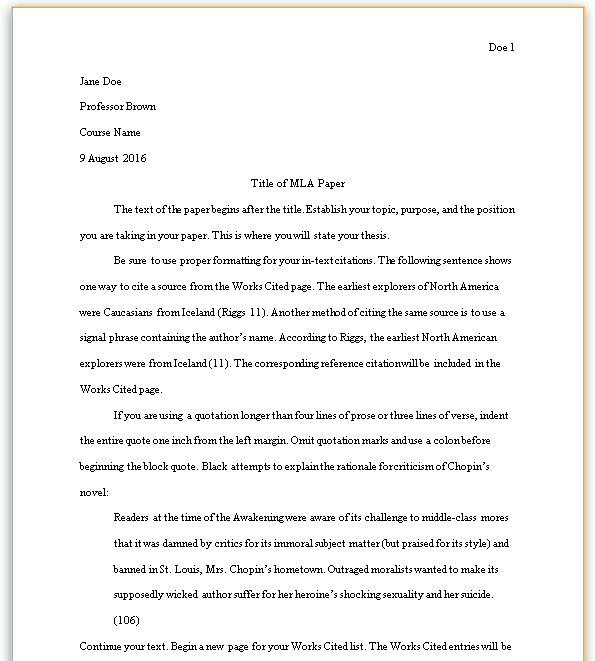- In relation to radiation effects, MLD stands for:
- Answer: Median Lethal Dose
- The MLD for humans is the radiation dose:
- Answer: That can cause 50% of exposed individuals to die
- The MLD for humans is __________ rems whole-body exposure within a 24-hour period:
- Answer: 400 rems
- Portable instruments used to monitor radiation areas are called:
- Answer: Survey meters
- Devices attached to the clothing of people working in radiation areas for measurement of radiation are called:
- Answer: Personal monitoring devices
- Radiation measuring devices operate on the principle of ionization:
- Answer: True
- Two types of personal monitoring devices are:
- Answer: Film badges, dosimeters
- Two types of survey meters are:
- Answer: Ion chamber, Geiger-Mueller
- Personal monitoring devices provide cumulative readings of radiation exposure:
- Answer: True
- Survey meters provide:
- Answer: Radiation exposure rate readings
- Pocket dosimeters depend upon a ___________ for their indication:
- Answer: Quartz fiber electroscope
- The normal operating range of a pocket dosimeter is:
- Answer: 0 to 200 mR
- The film badge operates on the principle that __________ exposes film:
- Answer: Ionizing radiation
- Which statement about film badges is true?
- Answer: It has the advantage of providing a permanent record
- When wearing a pocket dosimeter, there is no need to wear a film badge at the same time:
- Answer: False
- How many electrodes does the ionization chamber survey meter have?
- Answer: 2
- When ionizing radiation enters the ion chamber of an ionization chamber survey meter, positive ions flow to the negative electrodes and negative ions flow to the positive electrodes:
- Answer: True
- The Geiger-Mueller counter uses the G-M tube to:
- Answer: Amplify the effects of the radiation entering the tube
- When reading low levels of radiation, the __________ is more effective:
- Answer: G-M
- In most radiographic operations, the ion chamber survey meter is more desirable than the G-M counter:
- Answer: True
- The standard dose rate of a radioisotope is expressed in:
- Answer: Roentgens per hour per curie at a distance of one foot
- The intensity at one foot from a 10-curie source of Ir-192 is 59 R/hr. The standard dose rate for one curie at one foot for Ir-192 is:
- Answer: 5.2 R/hr/curie
- The standard dose rate at one foot for Co-60 is 14.5 R/hr/curie. What is the intensity at one foot for a 7-curie source of Co-60?
- Answer: 100.5 R/hr
- The three basic means of providing personnel protection from radiation are:
- Answer: Time, Distance, Shielding
- A person receives 3 mR/hr at a certain distance from a radiation source. What would be their exposure if they remained at the same distance for 3 hours?
- Answer: 9 mR/hr
- Materials used in shielding radiation are most effective when they:
- Answer: Are dense materials
- List concrete, lead, and steel in order of their effectiveness in providing shielding against radiation:
- Answer: Lead, Steel, Concrete
- The two most commonly used shielding materials are:
- Answer: Concrete and lead
- The thickness of the material that stops one-half of the radiation penetrating is called:
- Answer: H.V.L (Half-Value Layer)
- The thickness of material that stops nine-tenths of the radiation penetrating is called:
- Answer: Tenth Value Layer

Median Lethal Dose (MLD)
Don't use plagiarized sources. Get Your Custom Essay on
In relation to radiation effects, MLD stands for: Median Lethal Dose
Just from $13/Page


